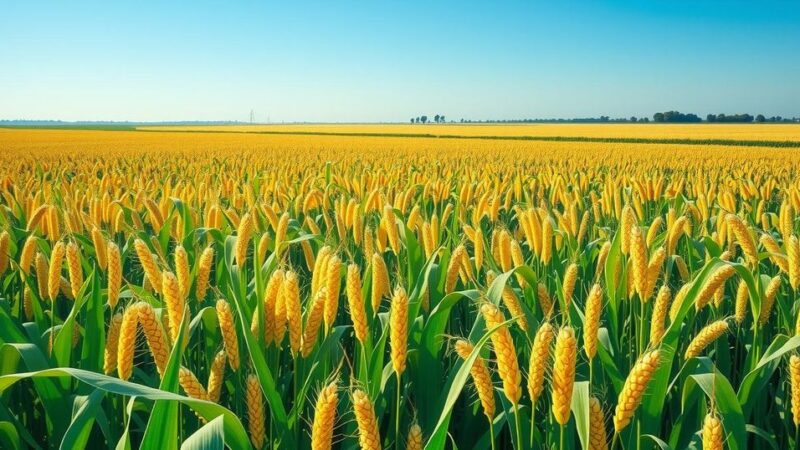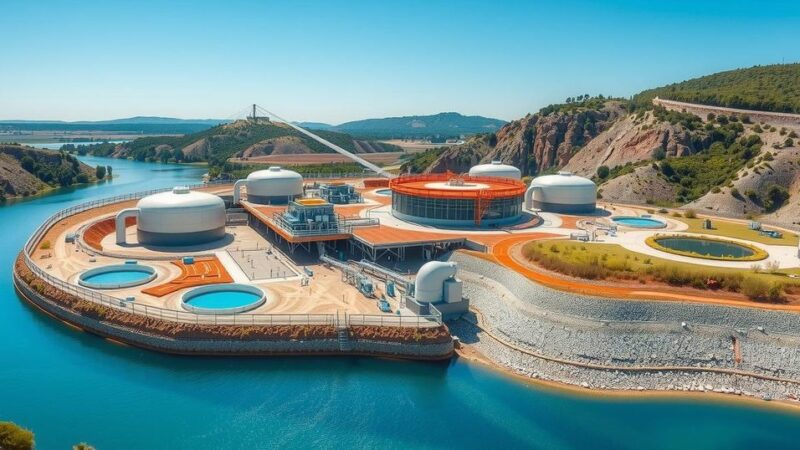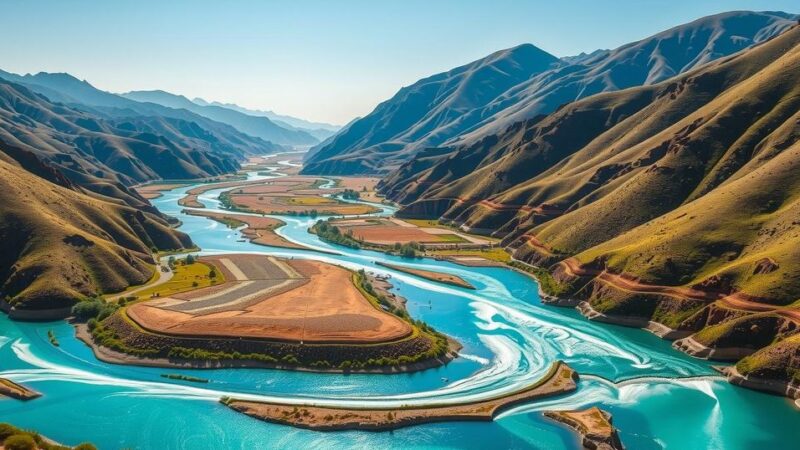Mayotte is an overseas department of France located in the Indian Ocean, comprising two islands. It faces economic challenges, being the poorest territory in France and the EU. The population, primarily of Malagasy descent, is young and predominantly Muslim. The economy leans heavily on services and agriculture, while the region recently suffered from Cyclone Chido’s devastation. Mayotte became a department of France in 2011 after a favorable referendum.
Mayotte, an overseas department of France, includes the two islands in the southeastern Comoros archipelago. Located in the Mozambique Channel, it is approximately 190 miles from Madagascar and is recognized as the poorest territory within France and the European Union. The capital, Mamoudzou, is situated on the main island, Mayotte, with the smaller island of Pamandzi nearby, connected by a causeway. The total area of Mayotte is 144.5 square miles (374.2 square kilometers).
The island is characterized by a north-south volcanic mountain range with elevations reaching from 1,600 to 2,000 feet. Surrounded by coral reefs, the waters are protected for shipping and fishing. Mayotte enjoys a warm, humid maritime climate, where average temperatures range from 75 °F to 81 °F, and it receives approximately 200 inches of rainfall annually. Lush tropical forests cover the region.
Mayotte’s government is overseen by Prefect François-Xavier Bieuville and Departmental Council President Ben Issa Ousseni. The population as of 2025 is estimated at 338,100, with projections indicating a decrease to 323,000 by 2030. The density is 2,347.9 persons per square mile. Life expectancy is reported as 72.5 years for males and 73.9 years for females, reflecting its demographic characteristics.
The inhabitants of Mayotte, primarily of Malagasy descent, predominantly identify as Sunni Muslim while being strongly influenced by French culture. Though French is the official language, many residents speak Comorian or a Malagasy dialect within coastal communities. The majority of the population is relatively young, with over 40% being under the age of 15.
Mayotte’s economy relies heavily on the service sector, including health, telecommunications, and agriculture, focusing on cash crops such as vanilla and ylang-ylang. The region imports significant food products and machinery, primarily from metropolitan France, making it reliant on French aid. The infrastructure includes a network of roads and an international airport located in Dzaoudzi.
Mayotte’s historical ties with France date back to colonization in 1843, following invasions by Arab tribes and later interactions with European powers. After an independence declaration by the Comoros in 1975, Mayotte opted to remain a French territory, leading to a special status and eventually its designation as an overseas department in 2011, following a referendum in which 95% voted in favor.
Despite its association with France improving its resources compared to Comoros, Mayotte continues to face poverty issues. The devastation caused by Cyclone Chido in December 2024 severely impacted the population, leaving many without shelter and access to basic necessities. Authorities anticipate a significant death toll from the cyclone’s aftermath, though the extent was not immediately assessed.
In summary, Mayotte stands as an overseas department of France situated in the Indian Ocean. The island grapples with significant socio-economic challenges while exhibiting a rich cultural tapestry influenced by its history and diverse population. The recent catastrophic cyclone underscores the vulnerabilities that remain in this region, emphasizing the continued need for support and development in Mayotte. As it progresses, the legacy of colonialism and current dynamics will profoundly shape its trajectory.
Original Source: www.britannica.com






